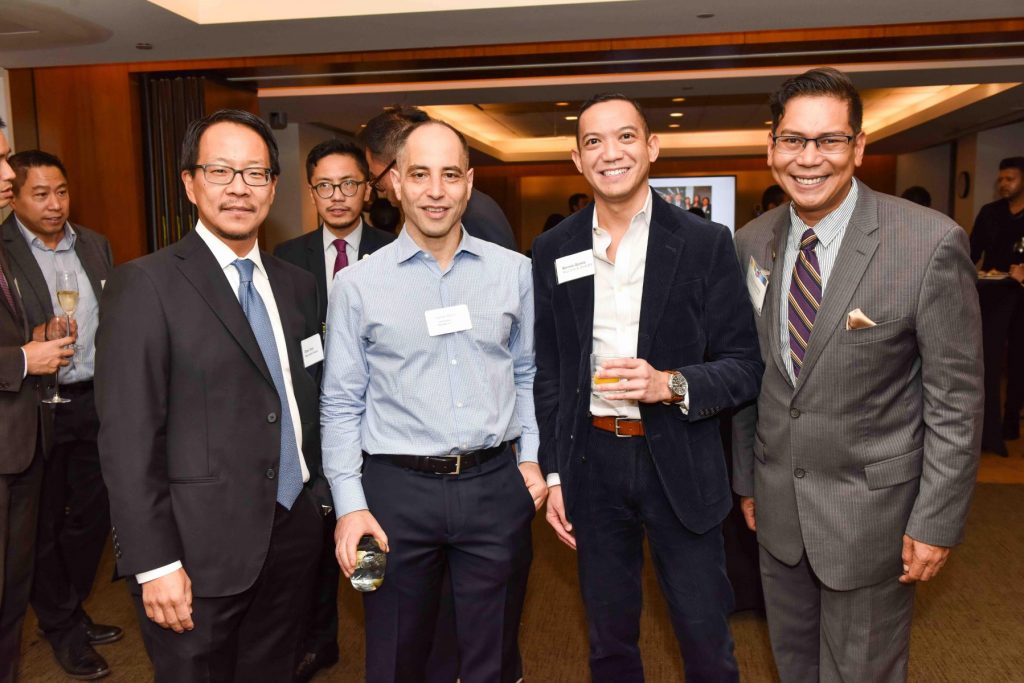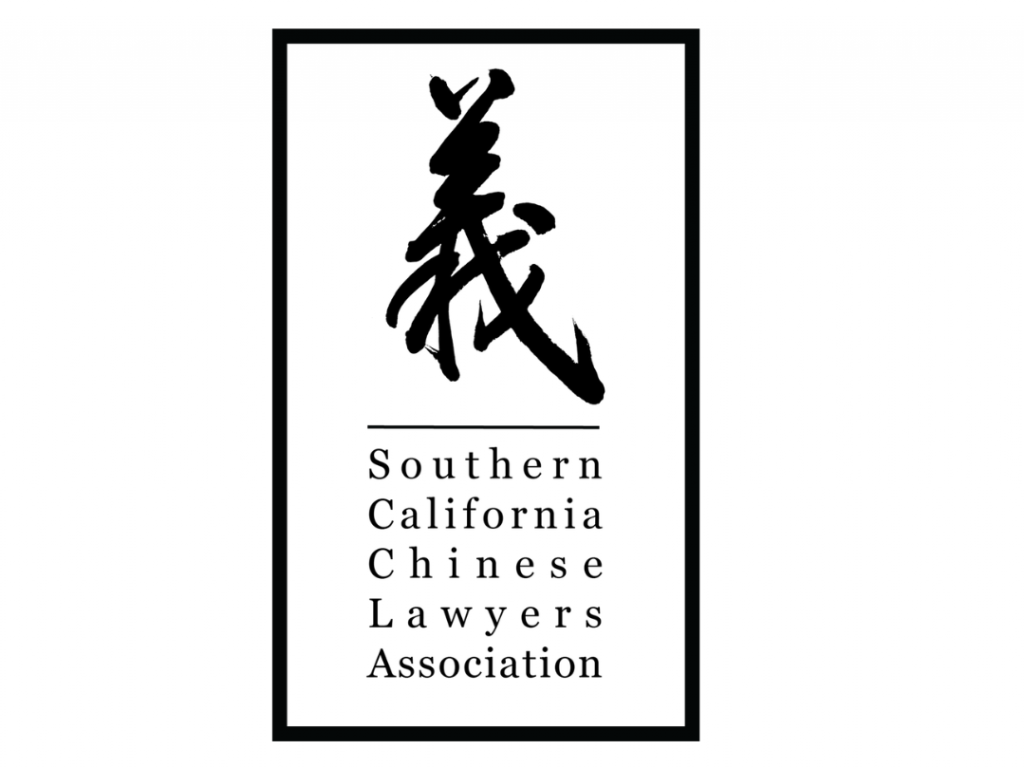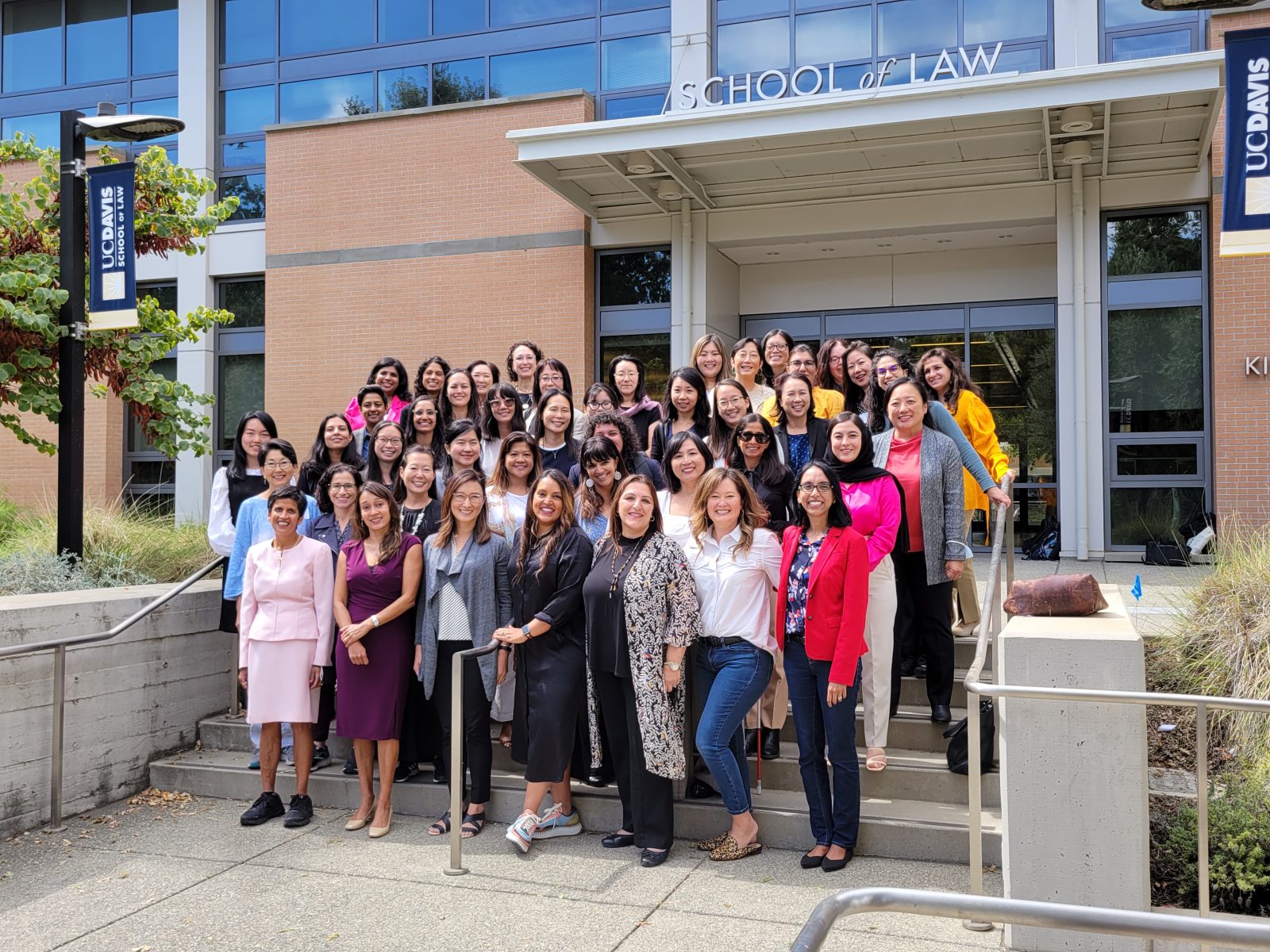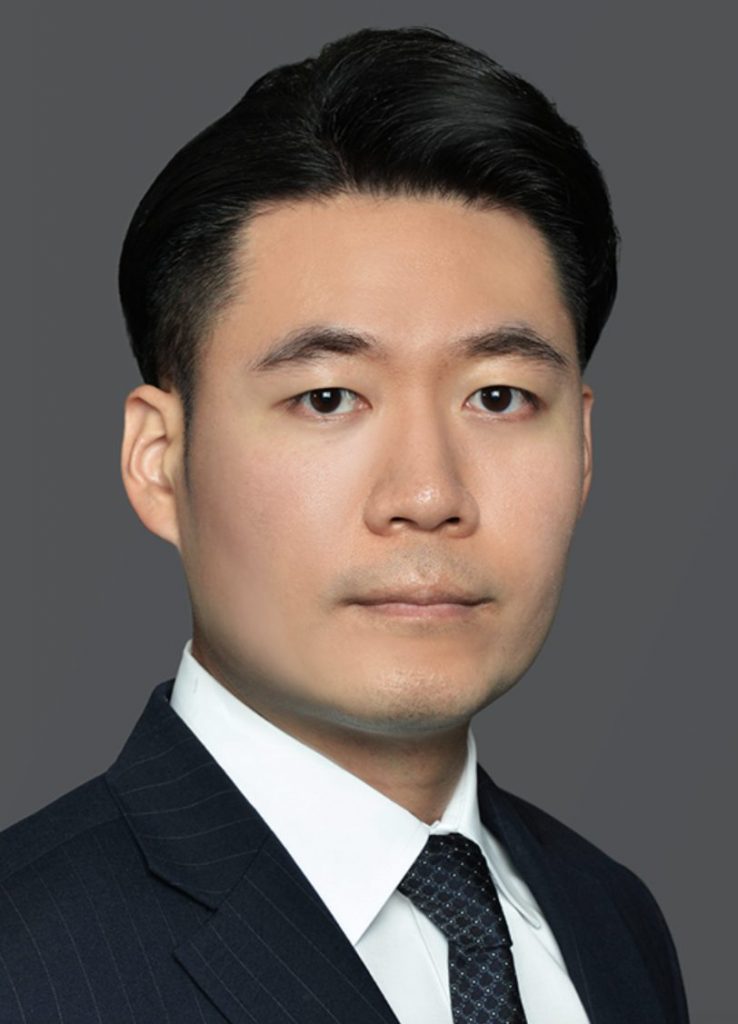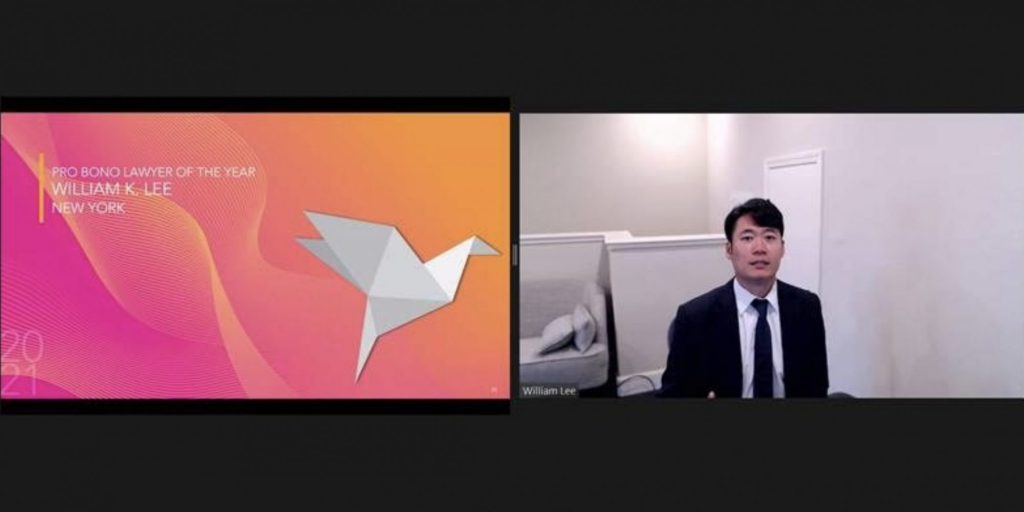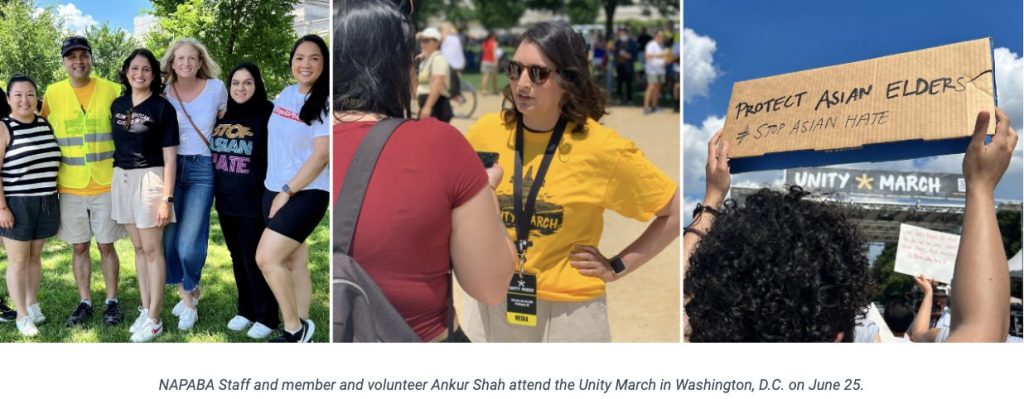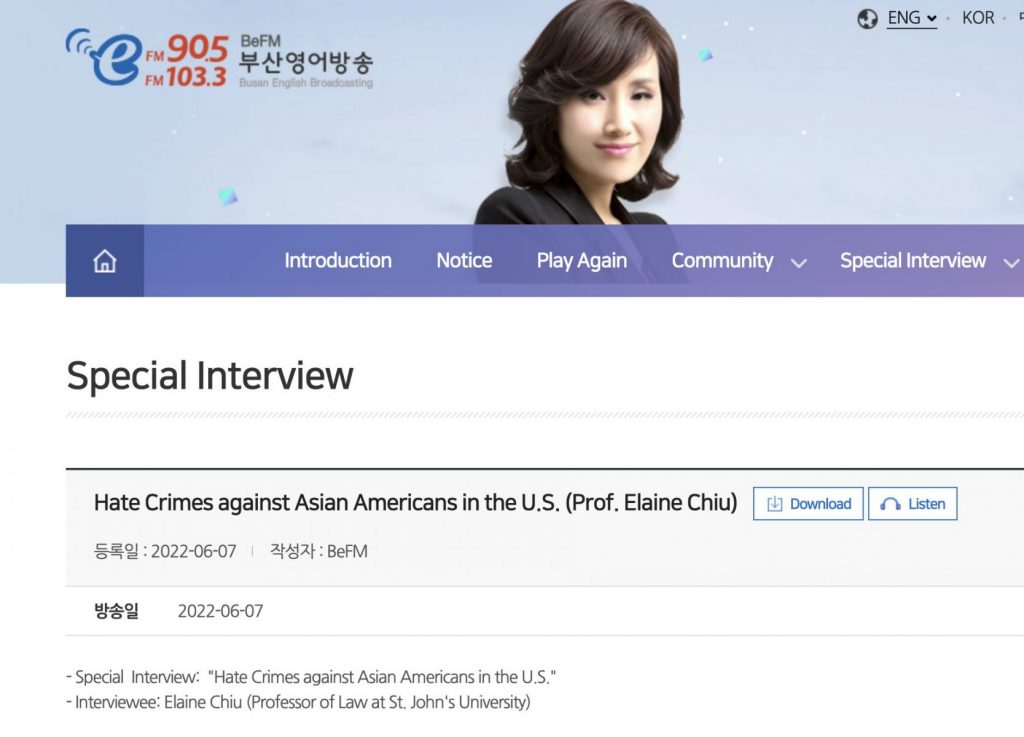On October 21, 2022, Adhikaar, a community organization for New York’s Nepali-speaking community, hosted its sold-out Fall Utsav at the Queens Museum. Rina Gurung, Board Chair of Adhikaar (and one of the co-chairs of AABANY’s Government Services and Public Interest (GSPI) Committee), opened the ceremony by thanking the Adhikaar Board and its staff for spearheading a wonderful organization that empowers the Nepali-speaking community by addressing social rights, workers’ rights, and women’s rights. Gurung also gave a shout-out to her work colleagues and AABANY.
Kevin Hsi, co-chair of GSPI, and May Wong, co-chair of the Pro Bono & Community Service (PBCS) Committee, were also in attendance at Fall Utsav to support Rina and Adhikaar.
AABANY’s GSPI and PBCS Committees wish the best to Pabitra Khati Benjamin, Executive Director of Adhikaar, who steps down from her leadership role at the end of October.
Moving forward, PBCS hopes to bridge a partnership with Adhikaar to secure Nepali-speaking clients for PBCS upcoming legal clinics! For more information about AABANY’s PBCS, please contact probono@aabany.org.
In other news, AABANY’s ties with other Asian American community organizations are as strong as ever. AABANY member and Prosecutors Committee co-founder Kin Ng attended the United Chinese Association of Brooklyn’s (UCA) 20th Anniversary Gala to accept the Community Leader of the Year Award. PBCS partners with UCA to host its pro bono clinics. Register for the December 10th Brooklyn PBCS pro bono clinic here. Read more about AABANY members celebrating with Kin at the UCA Gala here.
Next event coming up that supports AAPI Community-Based Organizations:
11/17 – MinKwon hosting its Virtual Anniversary Gala with NAKASEC





